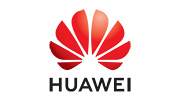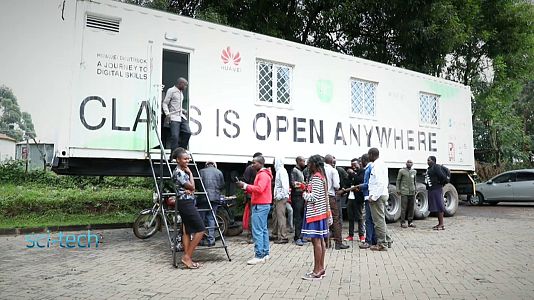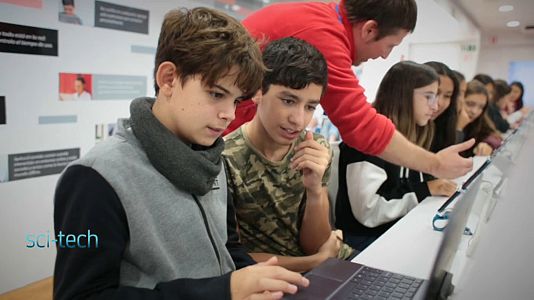Huawei's DigiTrucks are helping to bridge the digital divide by providing learners with skills, knowledge and positive attitudes for handling computer devices
Half the planet’s population still does not have internet access.
 ADVERTISEMENT
ADVERTISEMENT
 ADVERTISEMENT
ADVERTISEMENT
Much of Africa, for instance, is playing catch up with connectivity and digital literacy.
A divide laid bare by the Coronavirus pandemic, with school closures leaving some students with no alternative learning.
But hi-tech, mobile DigiTrucks are helping to heal that divide.
Onboard - everyone from students to entrepreneurs - learn how to use computers and connect with the digital world.
Martin Mugambi, Training Manager at Computers for School Kenya, says: “During this pandemic, most of the young people have been able to use their skills to continue their studies and also for the young entrepreneurs, their skills have enabled them to keep their businesses moving.”
Twenty-year-old Carolyn Mbeneka Onesmus has been on one of the DigiTrucks, which is supported by Huawei.
Now, in addition to her college education in hairdressing and beauty therapy, she has new digital skills.
“Before the DigiTruck came, I actually never knew how to use computers. It was the first time I was taught how to use it and it has made such an impact on me. Now things are done using technology - not like there before. And it has made things much easier.”
For now, Carolyn just has a smartphone, but there are special loan schemes to help Kenyans access computers.
The DigiTruck is part of Huawei’s Tech4All initiative.
It’s also connecting schoolchildren in South Africa. And has enabled distance learning in Senegal during the pandemic.
Ken Hu, Deputy Chairman of Huawei, says: “The goal of this initiative is to make sure that every person can benefit from digital technology. We want to help make quality education available everywhere, anytime and to everyone.”
Belgium-based ‘Close the Gap’ is also helping to get technology to communities in need.
It recycles European computers, tablets and smartphones, giving them a new lease of life.
Olivier Vanden Eynde, CEO, Close the Gap, says: “COVID-19 has really created, I would say, a kind of digital poverty that came to the surface now, in all societies. And new opportunities are coming up, to all step together in actually making the new normal actually also a prosperous one for the left-behinds.”
According to UNESCO, 14 percent of households in Europe don’t have internet access and 22 percent do not have access to a computer, limiting things like distance learning, .
In Spain, a special SmartBus has been helping children access and navigate the online world.
Maria Luisa Melo, Public Affairs and Communications Director of Huawei Spain, says: “Huawei has been working in Europe for 20 years. And the SmartBus project is a pioneer project, that we developed here in Spain, but has also been exported to other European countries, such as Portugal, Belgium and Luxembourg.”
Back in Kenya, DigiTruck Trainee Carolyn Onesmus is now hoping to set up her own beauty business: “When I think of all the training that I did, when I think of the business, I feel so excited indeed. Yeah, I’m happy!”













